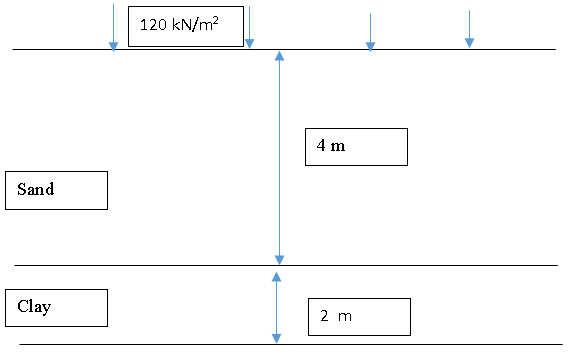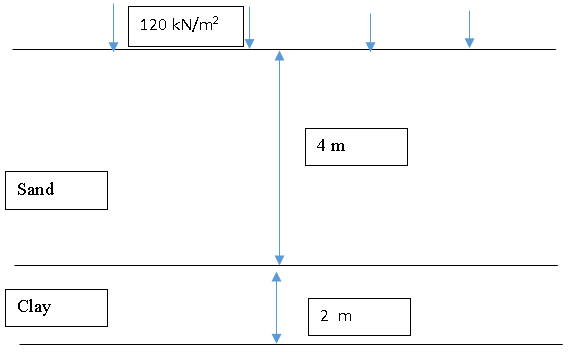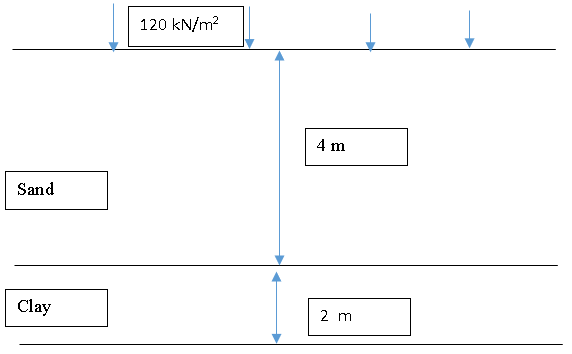One Dimensional Consolidation MCQs
Welcome to our comprehensive collection of Multiple Choice Questions (MCQs) on One Dimensional Consolidation, a fundamental topic in the field of Geotechnical Engineering. Whether you're preparing for competitive exams, honing your problem-solving skills, or simply looking to enhance your abilities in this field, our One Dimensional Consolidation MCQs are designed to help you grasp the core concepts and excel in solving problems.
In this section, you'll find a wide range of One Dimensional Consolidation mcq questions that explore various aspects of One Dimensional Consolidation problems. Each MCQ is crafted to challenge your understanding of One Dimensional Consolidation principles, enabling you to refine your problem-solving techniques. Whether you're a student aiming to ace Geotechnical Engineering tests, a job seeker preparing for interviews, or someone simply interested in sharpening their skills, our One Dimensional Consolidation MCQs are your pathway to success in mastering this essential Geotechnical Engineering topic.
Note: Each of the following question comes with multiple answer choices. Select the most appropriate option and test your understanding of One Dimensional Consolidation. You can click on an option to test your knowledge before viewing the solution for a MCQ. Happy learning!
So, are you ready to put your One Dimensional Consolidation knowledge to the test? Let's get started with our carefully curated MCQs!
One Dimensional Consolidation MCQs | Page 22 of 22
Discover more Topics under Geotechnical Engineering
Sand layer: γsat=20.86 kN/m³
Clay layer: W=38%, Cc=0.26, G=2.72
Find the effective pressure in sand layer.

Sand layer: γsat=20.86 kN/m³
Clay layer: W=38%, Cc=0.26, G=2.72, Z=2m
Find the effective pressure in clay layer.

Sand layer: γsat=20.86 kN/m³
Clay layer: W=38%, Cc=0.26, G=2.72
Find the settlement of the clay layer.
